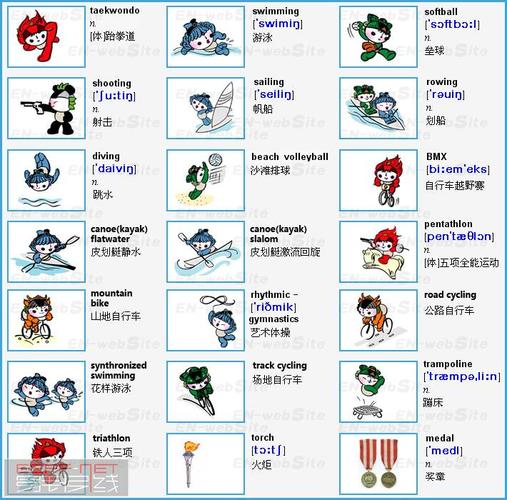Sports have always been a unifying force, transcending geographical boundaries and cultural differences. The evolution of global sports has not only transformed the way we perceive athleticism but has also significantly influenced the English language. Let's delve into the dynamic relationship between sports development and the English language.
Sports, being a global phenomenon, have contributed a plethora of terms and phrases to the English lexicon. From "home run" in baseball to "try" in rugby, sports jargon has seamlessly integrated into everyday language, enriching communication and fostering a sense of camaraderie among enthusiasts worldwide.
Events like the Olympics, FIFA World Cup, and Wimbledon have become platforms for cultural exchange, where athletes and fans from diverse backgrounds converge. These megaevents not only showcase athletic prowess but also serve as catalysts for linguistic exchange. English, as the lingua franca of sports, dominates these arenas, facilitating communication and collaboration on a global scale.
The rise of digital media and broadcasting has amplified the reach and influence of sports. Englishlanguage commentary and analysis have become ubiquitous, shaping narratives and perceptions. As a result, sportsrelated terminology permeates various forms of media, from newspapers to social media platforms, reinforcing its presence in the English language.
With the commercialization of sports, marketing and sponsorship play pivotal roles in promoting events and athletes. English serves as the primary language in advertising and branding strategies, as global audiences are targeted through multinational campaigns. As a consequence, sportsrelated vocabulary becomes intertwined with consumer culture, further embedding itself in the English language.
Advancements in technology have revolutionized the way sports are played, watched, and analyzed. From instant replays to virtual reality experiences, these innovations have introduced new terminology and concepts into the sporting domain. English, being the language of innovation and technology, assimilates these terms, reflecting the evolving nature of sports and society.
Sports serve as conduits for cultural exchange, bridging gaps and fostering mutual understanding. As athletes from different nations interact on and off the field, they bring with them unique linguistic nuances and expressions. English, as the common medium of communication, absorbs these cultural influences, enriching its vocabulary with diverse linguistic elements.
The global appeal of sports presents unique educational opportunities for language learners. Engaging with sports content not only enhances language proficiency but also provides insights into cultural practices and societal norms. English language learners often find motivation in sportsrelated topics, leveraging their interest to improve language skills in meaningful contexts.
In conclusion, the evolution of global sports has profoundly impacted the English language, shaping its vocabulary and expressions. As sports continue to transcend boundaries and capture the imagination of audiences worldwide, English will remain at the forefront of linguistic innovation and adaptation. Embracing the dynamic relationship between sports and language opens doors to cultural exchange, mutual appreciation, and linguistic diversity.
